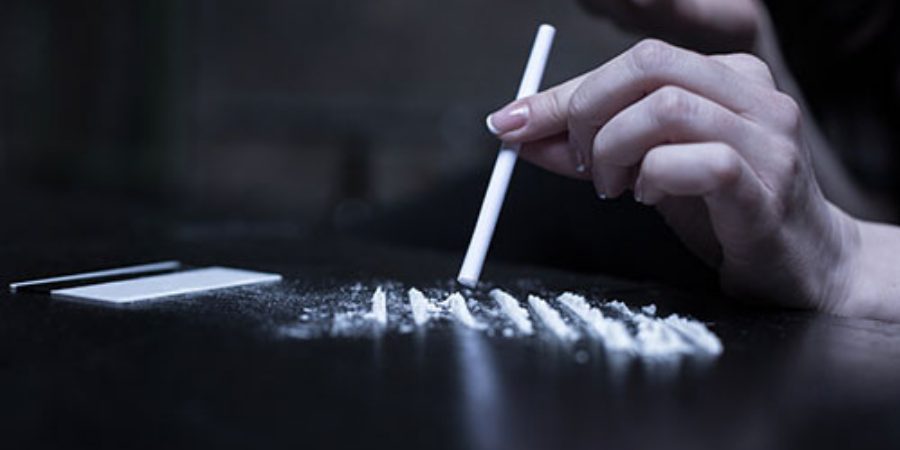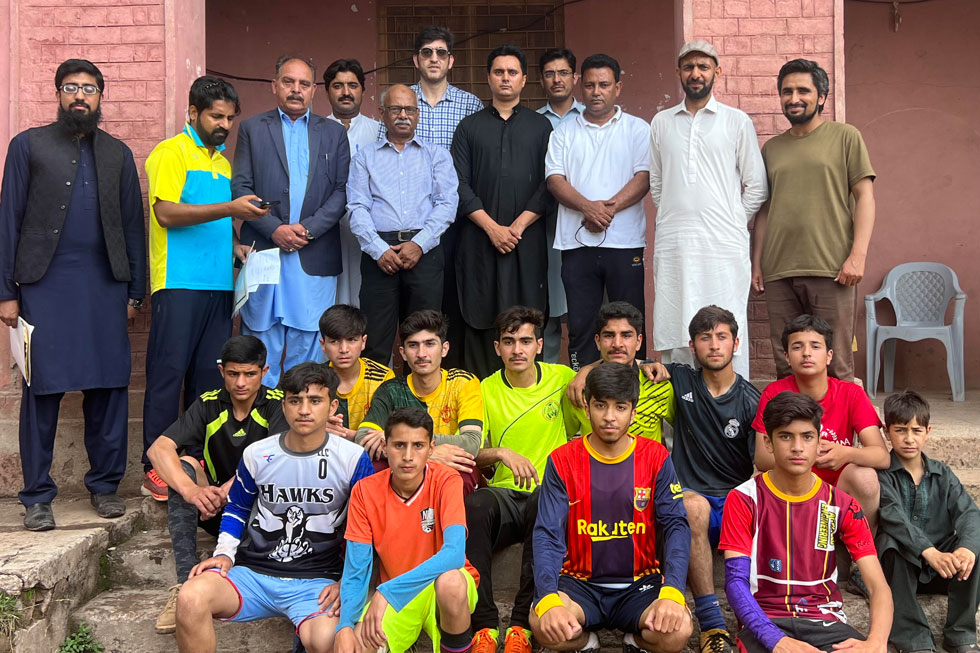By: Sania Mazher
Drug addiction, also known as substance use disorder, causes a person to lose control over their drug use, whether prescribed or obtained illegally. Drugs include substances like alcohol, weed, and tobacco. If you’re addicted to a substance, you might keep taking it even though you know it’s terrible. Regular drug usage sometimes develops after initial, socially-motivated experimentation with a recreational drug. Some people develop a dependency on drugs after using prescribed medicines or obtaining drugs from someone with prescriptions. The potential for addiction and the rate of addiction development are both substance-specific. Opioid medicines, for example, carry a higher risk and can lead to addiction more rapidly than other drugs. As time passes, you may need larger drug doses to get high. Soon you may need the drug to feel good. Increased drug use can make it difficult to abstain from future use. Attempting to quit drug addiction can bring on solid cravings and even physical sickness. These are called withdrawal symptoms.
Recent data from the United Nations estimates that there are 7.6 million drug addicts in Pakistan, with men making up 78 percent and women making up 22 percent of the population. With an estimated 40,000 new addicts yearly, Pakistan is quickly becoming one of the world’s most drug-affected nations.
Drug addiction is a global concern that impacts millions of lives. Stigma and discrimination against drug users are significant barriers to receiving the medical and psychological care they require. Respect for human rights, compassion, and evidence-based practices are at the forefront of the United Nations Office on Drugs and Crime’s (UNODC) approach to drug policy. Every year on June 26th, the world celebrates World Drug Day, the International Day against Drug Abuse and Illicit Trafficking. This year’s campaign aims to raise awareness about the importance of treating people who use drugs with respect and empathy; providing evidence-based, voluntary services for all; offering alternatives to punishment; prioritizing prevention; and leading with compassion. The initiative also encourages respectful, non-judgmental language to reduce the stigma and discrimination that drug users face.
Although there is no fool proof strategy for preventing drug and alcohol abuse, there are measures that anyone may take. Here are the five most effective methods for avoiding drug abuse.
- Have an appreciation for the causes of substance abuse. It can be developed through the recreational use of addictive drugs (illicit or prescribed) or by avoiding stress and anxiety via drug use.
- Build healthy social networks by avoiding people who might influence you to engage in drugs. It’s been claimed that “we become most like those we surround ourselves by,” therefore hanging out with heavy drinkers and drug addicts will make you more like them.
- Thirdly, there is a strong correlation between mental illness and substance usage. A licensed therapist or counselor should be consulted when coping with mental health issues like anxiety, depression, or post-traumatic stress disorder. If you seek help from a trained practitioner, you can learn effective methods of managing your symptoms without resorting to harmful substances.
- Several studies have indicated that mental illness and addiction tend to run in families but can be prevented if caught early. Knowing your biological, environmental, and physical risk factors might help you better prepare for and deal with them.
The writer is a Psychologist and can be reached at [email protected]



